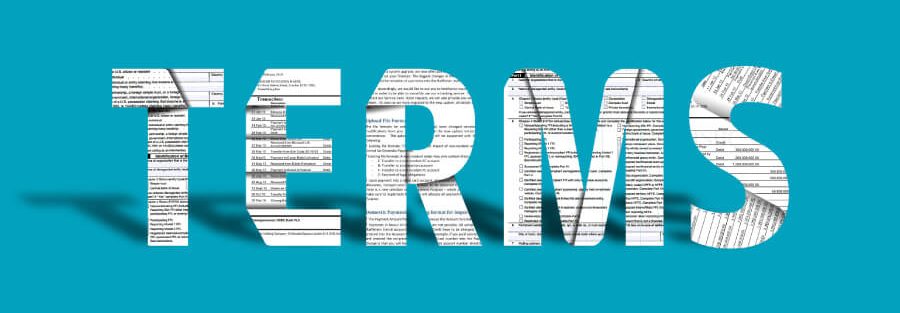Every field of study or industry has its own language, its own terms and words that are only known to the people of the inner – circle making those terms estranged to the outsiders. But now we are going to let you into the secret circle of Accounts by explaining some of the most commonly used and helpful terms in the field of Accounting
If you hope to pursue a career in accounting in the future, want to know terms related to accounts for business purposes or if you simply want to gather information about basic business accounting terms, this article is for you.
Before moving ahead, it should be mentioned that knowing accounting terms and basic business accounting terms come handy on many occasions. In the simplest meaning, Accounts are an in detailed report or description about the inflow and outflow of your cash or your income and expenses.
So, having a clear and doubt free understanding about the common accounting terms will help you in understanding your money flow and help you in the long run, be it your small businesses or personal finances.
Let’s take a look at the most commonly used accounting terms and what they mean,
01. Accounting
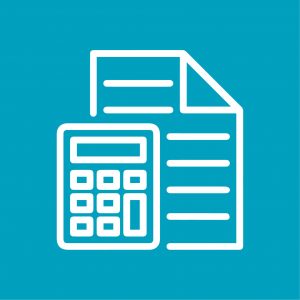
First let’s see what Accounting is, so, in the business industry, the term Accounting Refers to the systematic way in which all kinds of financial transactions are being recorded.
02. Assets

Assets are a product or an item that has a value and can be turned into profit in the future. They can be properties like land, houses, gold or any item that has an increasing value.
There are two types of assets, one is Fixed assets. These are fixed, long term assets that have the ability to benefit the organisation for a longer period of time.
The other one is Current assets, these are short term assets that can be turned into cash or profit within a period of one year.
03. Capital

The capital could be upfront money or an asset that can be turned into money. This is usually the sum of money that is needed to produce goods or services, many businesses start with a capital.
And once you find revenue that exceeds the initial capital spent on production, then only you are being profited by the business.
04. Balance sheet
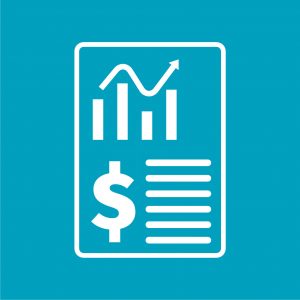
The balance sheet is the financial report that records and summaries all the transactions done with the company assets.
It states the capital, liabilities and a detailing of the income and expenditure of the organisation in a given time.
05. Credit and Debit

Credit is a term that is commonly used when there is an increase of assets but decrease in liability while Debit is a term that is used when there is an increase of liability and a decrease in assets. Debits are accounts payable, meaning in simple words.
Business owners must pay keen attention to credit and debit and understand these terms profoundly to improve their cash flow in the business.
06. Expenses

Expenses are all the costs you had within a time period. Expenses specify the outflow of your money. There are fixed, variable, Accrued and Operational expenses in business.
Fixed expenses are scheduled and fixed payments that you have to make in a specified amount in a specified time. Variable costs are costs that vary with time and those that are situational.
Accrued expenses are liabilities that have not been settled yet while operational expenses refer to the costs of operations that are not directly related to the production or manufacturing processes.
07. Subsistence expenses

This is a relatively uncommon term that is used in Accounting, but one that you must know. Subsistence expense is the accounting term for food expenses and other commodity expenses.
08. Accounts payable or Debt

Accounts payable are the assets or finances that are due for your creditors. These are liabilities of a business organisation
09. Equilibrium
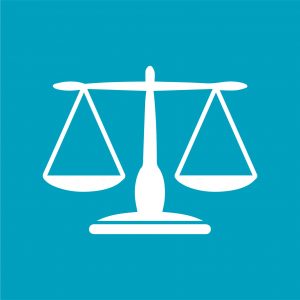
This is simply another word for balance in accounting that is being commonly used in the field.
10. Profit and Loss statement
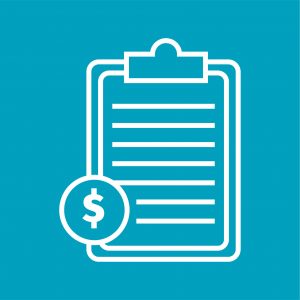
These are financial statements that record the income and outflow of money in a business. Profit is a revenue or income that adds value to the business while loss is an expenditure that didn’t add any value, rather decreased the value of the business. The Profit and loss statement is a statement that summarises all the expenditures, income and costs to gather financial results.
Accounting is not an easy task, and the Accounts sector holds the most power over your organisational profit and success. That is why one should have thorough knowledge on Accounting and at Accountsdept we have the best skilled experts in the field of Accounting with years of experience. We are here to make your work easier, efficient and stress free. Handover the hectic and exhausting Accounting workload of your organisation to “Accountsdept” and save your time, money and be assured of getting your work done at the hands of experts!
Get in touch with the best Accountants in New Zealand today.


